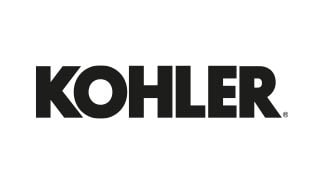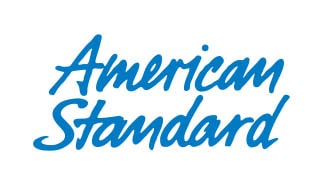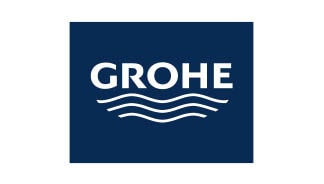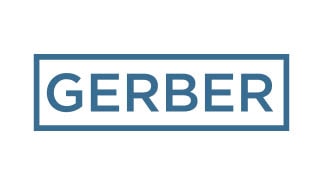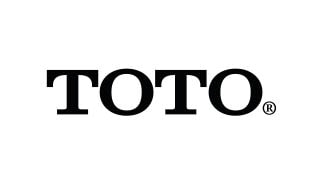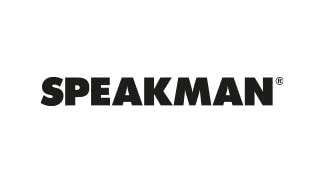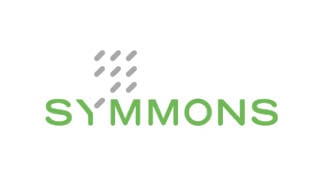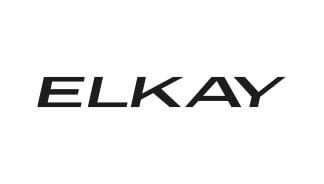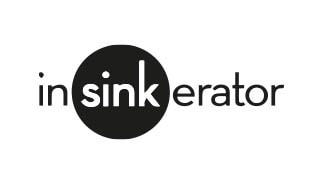Published on
August 9th, 2021Tips for Prevention and Safety of Plumbing Systems
Chances are, if you own or manage a rental property in New York City, you will have to tend to plumbing issues at some point. While the experts here at Sanitary Plumbing are always happy to come help you out, we understand it’s sometimes more efficient to do your own plumbing repairs. To make repairs and troubleshooting easier for you, we’ve put together our top plumbing safety tips. Look them over so you can fix your pipes without worrying about getting hurt or damaging your property. Make sure to share these tips with your building staff so everyone is on the same page when it comes to safety.
Shut Off the Water Supply
Close distribution locally or at the building entry
Many property owners forget that shutting off the water supply to the pipes or fixtures being repaired is one of your first steps with any plumbing job. You may also need to drain the remaining water once the water source has been turned off.
Whenever possible, try to shut off the water only where you’ll be working so there is a minimum of disruption to tenants. Sometimes, though, this isn’t feasible. You may need to turn the water off for a large area of the building or the entire property. In that case, unless it’s an emergency, notify tenants in advance. Try to plan your repairs for a time that will have the least impact on occupants.
Keep the Work Area Safe from Falls
Watch out for slips and trips
Wet floors are a real danger for both professional plumbers and do-it-yourselfers alike. You can minimize the risk of slip-and-fall injuries by taking a couple of precautions in advance:
- Keep floors as dry as possible while you work, wiping up spills as you go.
- Lay down slip-proof rubber matting on floors like linoleum, tile, or hardwood, which tend to get slick with even the slightest amount of water.
- Remove throw rugs, bath mats, and other floor coverings that don’t need to be there.
- Keep tools and parts out of the way and to the side so they don’t get stepped on or become tripping hazards.
- Wear rubber-soled shoes or boots while working.
Dress Appropriately for the Job
Provide proper protection from head to toe
Rubber footwear is just one clothing item that should be routine when you are doing plumbing chores. You should also always cover your hands with gloves and your eyes with goggles. Doing this protects you from splashes with hazardous materials, from home drain cleaners tenants may have used to human waste.
Depending on your job, you may also wish to wear coveralls for larger exposure. If there’s a chance you could be working with anything harmful to the lungs, such as asbestos, wear the appropriate mask and be sure to follow the building code regarding working with and disposing of hazardous materials. You may need a special container for certain waste, and it may not be able to go in your regular trash.
Be Aware of Other Nearby Hazards
Practice responsible workplace safety
Working on plumbing often involves being in the proximity of other building hazards, such as electricity, motors, pumps, boilers, and hot radiators. Be aware that you may need to take separate precautions around these components. You should also know where they are.
For example, if there is water leaking during an emergency repair for a broken pipe, the electricity will have to be shut off as well. You may need special gloves and heat-protective gear when working near a commercial boiler. The gas should be shut off when doing repairs on a water heater.
Don’t Avoid Regular Maintenance
Prevent catastrophic plumbing problems
There’s a lot of wisdom in the old saying “An ounce of prevention is worth a pound of cure.” You can avoid costly, time-consuming, headache-filled plumbing issues by conducting regular maintenance, including:
- Performing seasonal checks on equipment, such as before and after heat season (radiators, boilers, cooling towers, etc.)
- Using leak detection devices to prevent burst pipes
- Insulating pipes in danger of freezing
- Inspecting pipes for damage, corrosion, and mineral scale buildup
- Replacing old pipes before they stop functioning
- Being on the lookout for sewer leaks
- Instructing tenants on what constitutes a problem worth notifying you about (running toilet, dripping tap, leaking water, clogged drain, etc.)
Know Your Limits
Call the pros when it’s out of your wheelhouse
Not every plumbing job is a DIY repair. We don’t pretend to know how to run rental properties, nor do we expect you to know how to fix every plumbing problem. Sometimes, there are jobs that are simply out of your area of expertise. That’s when it’s smart to call the experts and hand the job off to them.
We have the equipment to diagnose and repair things the average property owner does not.
If you aren’t sure how to approach a plumbing job on your property, or if you find yourself in over your head once you start, Sanitary Plumbing would be pleased to lend a hand. Call us today at 212-734-5000, or use our easy online form to schedule an appointment to discuss your next project.
